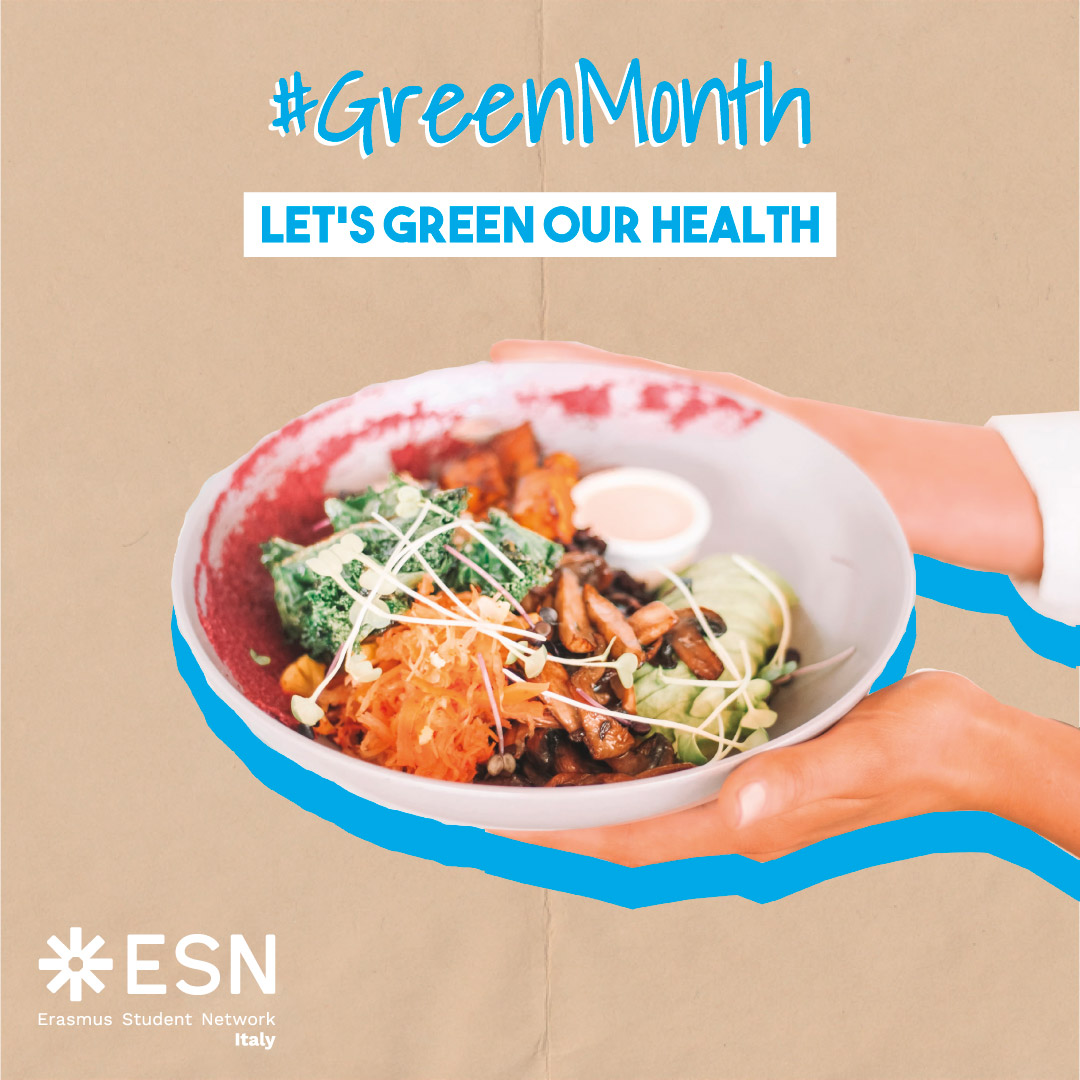
Can we cook in a way that is healthy for our bodies and our planet? The answer is yes! You may think we are talking about vegetarian and vegan diets: instead, we are talking about food waste. How much food ends up in our bins every day? How often do we let the food in our pantry or fridge expire due to carelessness? How often do we throw away the parts that seem less noble or waste rather than thinking about reusing them? Today we are going to help you understand how to avoid this with some simple measures, that will not only be good for your health, but also for the environment and, why not, for your finances.
Food waste is one of the most impactful phenomena worldwide, a symptom of poor management and distribution of food resources. According to the FAO, food losses account for 8-10% of global greenhouse gas emissions, an important percentage considering that the global food supply chain is responsible for more than a third of global anthropogenic greenhouse gas emissions. The Food Waste Index 2021, the United Nations' report on food waste, shows that most of the losses occur at a household level: every single person globally wastes 121 kilos of food per year, a staggering number!
Our grandparents used to say: "Don't throw anything away". Today, however, peels, stalks and outer leaves are considered waste, even though they are good and genuine. Let us think of citrus peels or cheese rinds, which are very valuable resources in the kitchen to enhance the flavour of certain dishes. And that's not all. In some cases, the outer layers of some fruits and vegetables are even richer in fibres and nutrients than the pulp itself. For example, did you know that two tablespoons of watermelon seeds contain about 10 grams of protein and vitamin B? Did you imagine that citrus peel contains three times more vitamin C and four times more fibres than the fruit itself? In short, we should get used to eating every last morsel of our food, because it is really good for our health. The Mediterranean diet is one of the most sustainable dietary models for environment and health, universally recognised, not only by UNESCO, but also by numerous scientific studies. Unfortunately, however, in our country, the Mediterranean diet is at risk of extinction due to a series of factors such as urbanisation, economic difficulties and the frenetic pace of life, which are changing our nutrition and consumption patterns.
“Respect for food” is a concept that should accompany us in our daily choices, both when we are at the supermarket and when we stare at the fridge in search of something good to eat. So, which of the ingredients we bring to the table are really healthy and sustainable?
- those that travel less - meaning, those that have a local origin - and not produced in a greenhouse, but seasonal products. In fact, food carries a pollution load of CO2 emissions, energy and water consumption;
- those with little packaging, additives, preservatives and colourings, in general, those that are minimally processed;
- those that respect biodiversity and ecosystems.
Here are some easy tips to improve your lifestyle and become a true friend of your health and the planet (helping your pockets too):
- when shopping, make a list to avoid buying more food than you need;
- store food correctly (use airtight containers to keep food fresh and seal packages well);
- read the label and pay attention to expiry dates;
- choose fresh, seasonal and local products, preferring whenever possible those that are zero-kilometre or whose provenance is known;
- choose plant-based products, such as legumes, cereals, fruit and vegetables, and animal-based products that are certified as environmentally sustainable;
- try growing herbs on your balcony (as well as being healthy and sustainable for the environment and your finances, you will make your neighbours envious);
- vary your diet;
- do not exaggerate with portions;
- identify local associations that manage the collection and distribution of food to help families in economic difficulty or use the "Too Good To Go" app, an excellent ally in the fight against food waste;
- use leftovers whenever possible... there are plenty of recipes to indulge in!
If you want to discover some healthy and sustainable recipes, have a look at the stories posted during the Health & Well-being Week. In addition, throughout the month of May, Italian Sections will enjoy the opportunity to highlight their activities related to the Environmental Sustainability and Health & Well-being causes through a special edition of the SitS project, to promote a healthy and sustainable lifestyle.
Let’s green our health together!
The Environmental Sustainability and Health & Well-Being Teams

Follow us